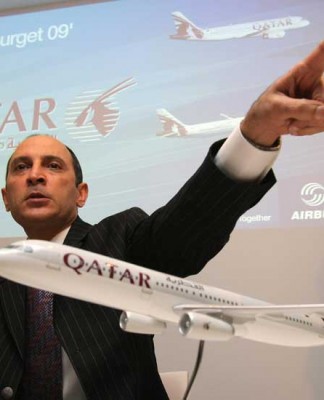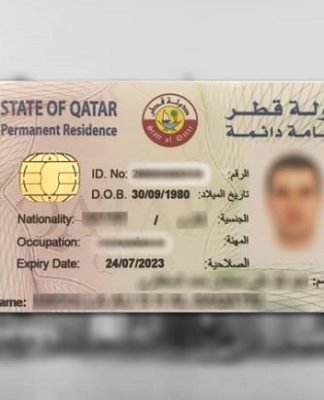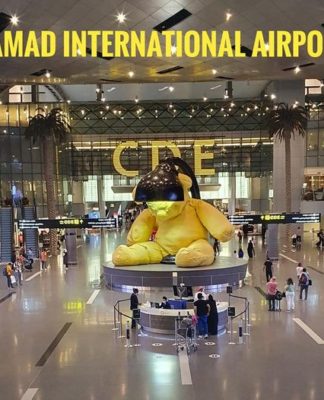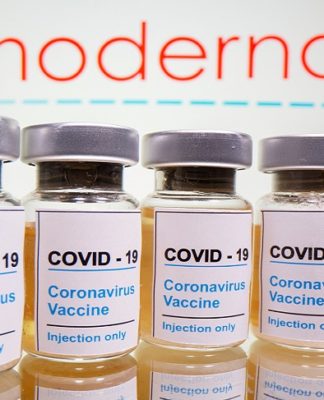Back to homepage / Middle East
UN General Assembly establishes body to probe fate of Syria’s missing
The UN General Assembly on Thursday created an independent body to “clarify” the fate of thousands of people who remain missing in Syria since war broke out in 2011, over objections from Damascus.
Issued on: 29/06/2023 – 23:37
1 min
United Nations Secretary-General Antonio Guterres addresses the 77th session of the General Assembly at U.N. headquarters Tuesday, Sept. 20, 2022.
United Nations Secretary-General Antonio Guterres addresses the 77th session of the General Assembly at U.N. headquarters Tuesday, Sept. 20, 2022. © AP, Mary Altaffer, AP
Text by:
NEWS WIRES
According to non-governmental groups, some 100,000 people have disappeared since the start of a brutal crackdown on anti-government protests. More than half a million people have been killed.
“After 12 years of conflict and violence in the Syrian Arab Republic, little progress has been achieved in alleviating the suffering of families by providing answers as to the fate and whereabouts of all missing persons,” said the resolution, which passed with 83 votes in favor, 11 opposed and 62 abstentions.
The Independent Institution on Missing Persons in the Syrian Arab Republic will “clarify the fate and whereabouts of all missing persons” in the country and “provide adequate support to victims, survivors and the families of those missing.”
But Syria, along with Russia and China, objected to the new body, saying it had not been consulted on the resolution.
“This draft clearly reflects flagrant interference in our internal affairs and provides new evidence of the hostile approach being pursued by certain Western States against Syria,” ambassador Bassam Sabbagh said, pointing in particular to the United States.
He rejected the “bizarre mysterious mechanism with no precise definition of the concept of missing persons, a mechanism that is not time limited or geographically bound” and warned it could be used to target UN member states, particularly developing countries.
(AFP)





























